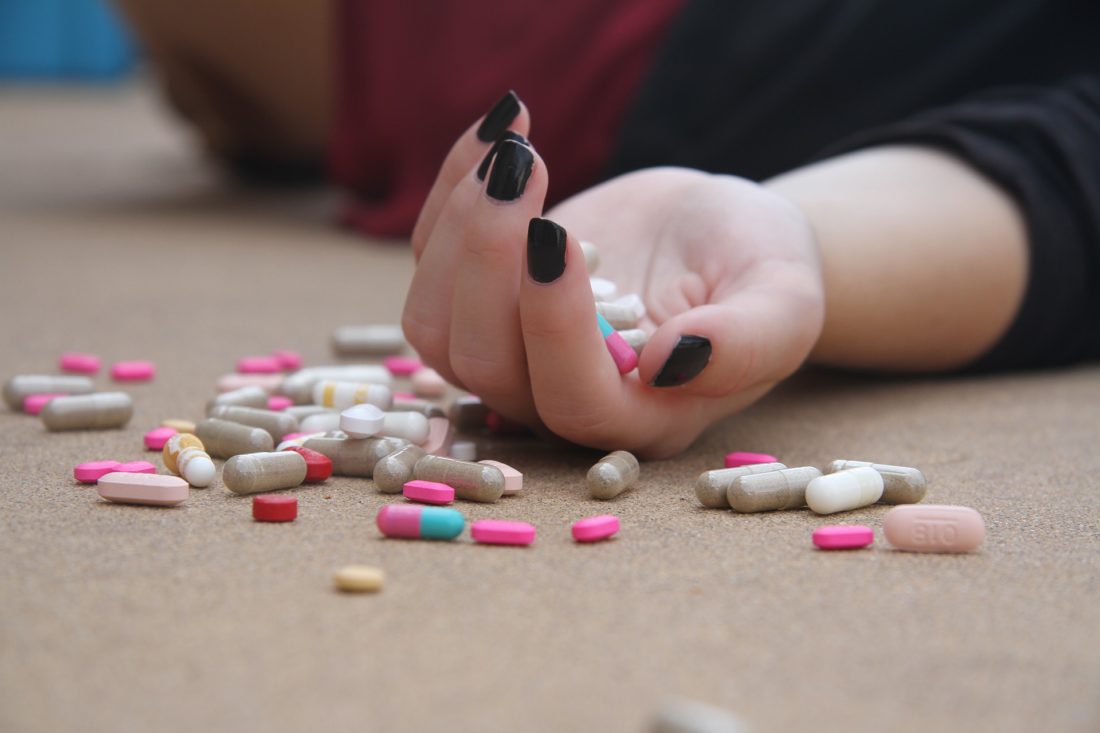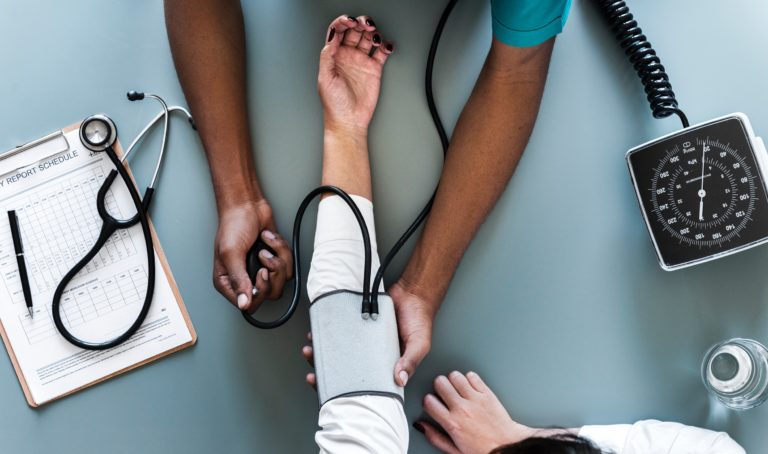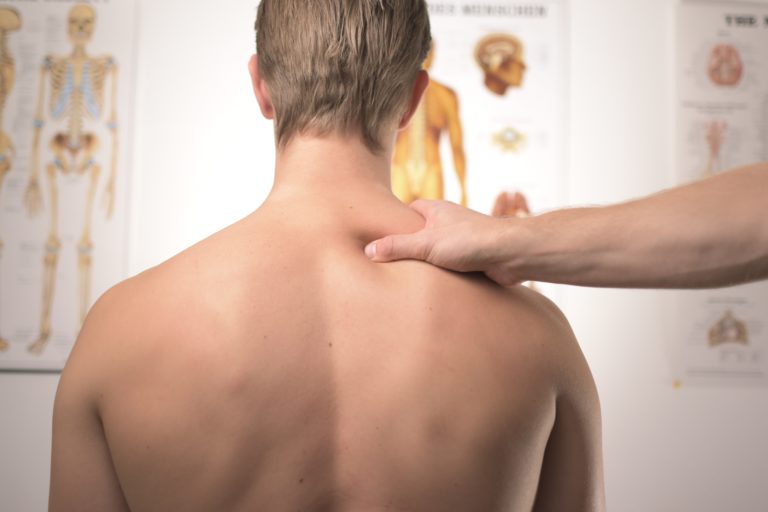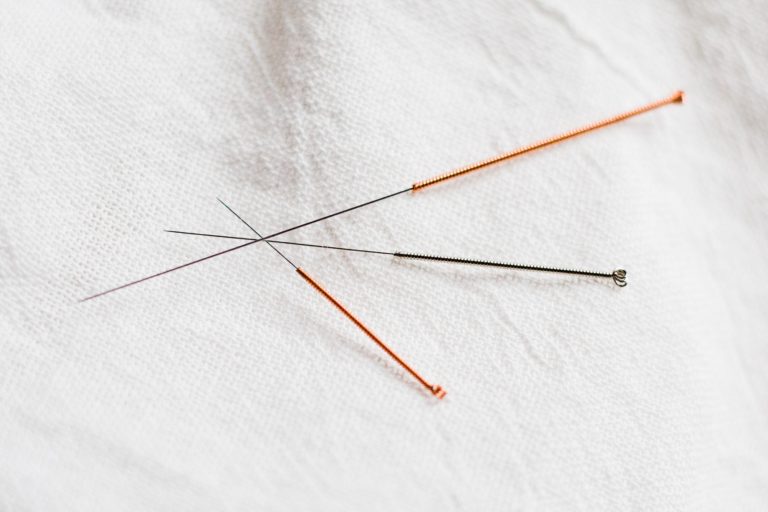The national opioid epidemic has devastated this country in recent years. In 2016, the U.S. Department of Health and Human Services announced that 2.1 million were affected by opioid disorders. In the same year, 116 died daily due to overdoses, and 11.5 million misused prescriptions related to the drugs. All in all, the economic cost of the epidemic reached roughly $504 billion dollars. These numbers are staggering, and the issue has only grown in complexity since.
Addictions of this magnitude call for physical, mental, emotional, behavioral, environmental, and even spiritual changes for successful treatment. Recovery involves a mix of traditional medication and counseling, but there is an alternative solution. Acupuncture is a proven adjunct therapy that eases addiction symptoms, prevents relapse, is easy to implement, and aids in long term recovery.
How Can Acupuncture Help?
Acupuncture provides a number of treatment benefits. It relieves withdrawal symptoms such as muscular pain, anxiety, nausea, and insomnia, and calms side effects from early recovery. Early recovery often comes with side effects such as drug cravings, anxiety, depression, irritability, sleep difficulties, inability to focus, and oversensitivity to stress. Those in recovery often feel sick from these early symptoms. Acupuncture can help settle and calm the body in this difficult state. In addition, because acupuncture is a natural intervention, it won’t interfere with traditional medications required during treatment. Overall, acupuncture fills gaps in the recovery process and eases withdrawal symptoms during detox.
The History of Acupuncture and Addiction
The use of acupuncture in addiction treatment is not new. U.S. facilities have incorporated the practice since the early 1970’s. In fact, The Lincoln Recovery Center in NYC pioneered the practice specifically with those dependent on opioids such as heroin and methadone. Over the years, experts improved treatment with a method known as the NADA protocol. The NADA protocol targets 5 main acupuncture points in the ear believed to ease withdrawal symptoms. The protocol reportedly eased cravings, improved sleep, and decreased instances of irritability and anxiety. Acupuncture has been a recommended solution to addiction ever since.
Additional Benefits
Many addictions start with chronic pain and opioid prescriptions. To avoid relapse, these individuals are forced to find alternate methods of pain relief during treatment. Because acupuncture treats a wide range of pain conditions (such as arthritis, headaches, joint pain, lower back aches, and neck problems) it’s an excellent option for those addicted to prescription drugs. The practice gets those in recovery off prescriptions and helps them feel less dependent on narcotic medications overall.
To summarize, acupuncture is an effective treatment solution for opioid addiction. Not only does the practice ease symptoms, but it prevents relapse for some by providing an alternative method of pain relief. In addition, acupuncture is cost-effective and easy to implement for most facilities. If you or someone you know seeks addiction treatment, consider adding acupuncture to a long term opioid recovery plan.




